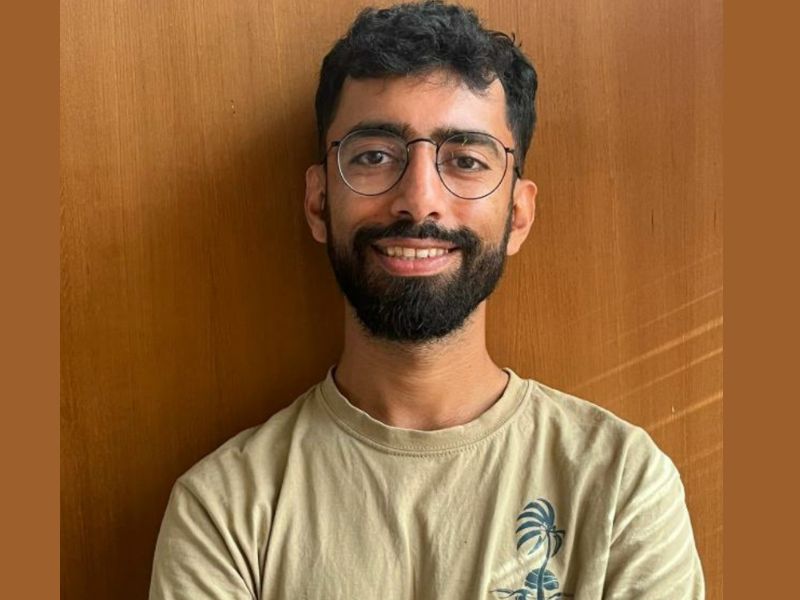

I have met many teachers who try to simplify a concept. They try to explain the topic in a slow manner. They want to make learning ‘easy’ for their students.
But, the secret to good teaching is counter-intuitive. We learn when we think from different angles. We learn when we apply our mind and evaluate situations from different angles.
This process requires mental effort. This process is uncomfortable. The process requires you to evaluate a new situation and choose to agree or disagree with it.
Let us say you like a certain politician. You believe that he is an honest man. One day, you are shown an evidence of him taking a bribe. The evidence is irrefutable. You have the choice to ‘learn’ something new or stick to your earlier belief. If you choose to learn, you will have to cross the bridge of discomfort in your mind.
Similarly, during the process of learning science or any deep subject, there are many occasions of discomfort. Most of the students think that the wheels push the car forward. But, this is not true!. Many children think that heat is a fluid. It flows from one place to another. But, it is not true!.
It is only when children are made to think of a scenario that does not tally with their conception that there is a chance to learn. This process is uncomfortable. But necessary to learn.
How can teachers make students learn?
A great way to make students learn is to ask questions. No lectures, no simplifying of a concept. Purely asking questions which when students attempt to answer they can tally if it agrees to their understanding or not.
Rather than telling students that they are right or wrong, it is better for students to see for themselves several situations in which they can decide to consolidate their existing learning or make new connections and therefore new learning in their brain.
For example –
Teacher: What makes a car move forward?
Student 1: Engine
Student 2: Wheels
Student 3: May be the driver
Teacher: Why do you say so?
Student 1: I have heard from my father that engine is the most important part of the car. If you turn off the engine, then the car does not move.
Student 2: Only when wheels rotate does the car start to move forward
Student 3: How can a car move without the driver? Oh wait, there are self-drive cars these days (this student rules out her answer)
Teacher: Can a car move without an engine? Can a car move without the wheels? What happens if we lift a car off the road with a crane – can it still move?
The teacher does not reveal the answer. She merely takes students through the ‘ups and downs’ of learning a concept.
Asking questions is a popular method in the history of mankind. In ancient Indian culture and Greek culture, several Gurus and teachers used to teach by merely asking questions and guiding students towards the right answer.
In fact, Socrates once said: I can not teach anyone anything. I can only make them think.
How is Open Door helping schools in teaching by questioning?
Open Door is an initiative of alumni of IIT Madras. They offer a program called Thinking Classroom to schools. The program is aligned with the CBSE curriculum and offered for classes 4-10 for Math and Science subjects.
More than 200 schools are currently using Open Door‘s Thinking Classroom program to add good questions to the process of learning Science and Math. These schools recognise that students learn when they think and what better way to make student think than to ask questions. Teachers in Open Door’s partner schools use Thinking Classroom to challenge students’ learning from different angles. The process in uncomfortable in short run but permanent in the long run.
Kyunki soch ke nahi padha toh kya padha?
About the author:
Aneesh Bangia is the co-founder of Open Door and an alumnus of IIT Madras. He along with Abhishek Kariwal co-founded Open Door in 2013 after quitting their comfortable corporate jobs. Open Door’s vision is to help students become deep thinkers and self-learners. More than 300 top schools in India work with Open Door and use at least one their products: Thinking Assessments, Thinking Classroom, Subject Mastery Program, Critical Thinking Program.